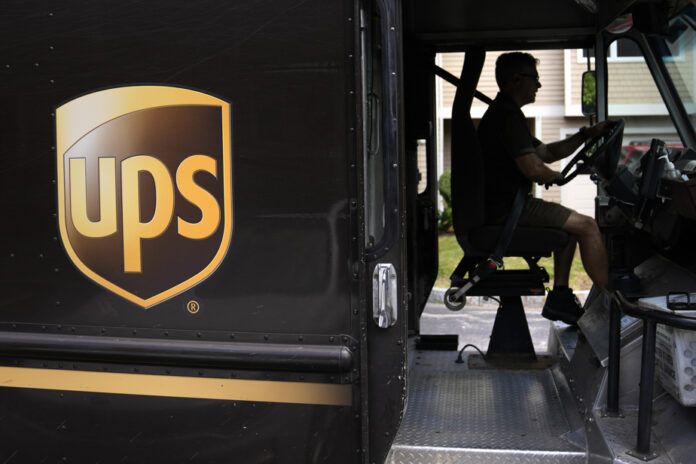(New York) Members of the powerful Teamsters labor organization have approved, with a record 86.3%, the new collective agreement reached by their representatives with the management of the American carrier UPS during tense negotiations.
The union announced in a statement Tuesday that the Teamsters had “voted a phenomenal 86.3% to ratify the most significant collective agreement in UPS history.”
A “historic” level for such a contract between the union and UPS, he pointed out.
This is the “most lucrative agreement ever negotiated with UPS”, noted its president Sean O’Brien, quoted in the press release.
“This contract will improve the lives of hundreds of thousands of employees,” he said, saying the Teamsters had “set a new standard and raised the bar when it comes to wages, benefits and working conditions. work in the parcel delivery industry”.
“Our employees represented by the Teamsters voted overwhelmingly for the ratification of the new collective agreement”, reacted soberly UPS on its website.
The agreement provides for an hourly wage increase of $7.50 over the term of the agreement, including $2.75 from 2023, and a minimum hourly wage of $21 for part-time employees.
The agreement also includes the creation of 7,500 full-time jobs, the recruitment of 22,500 people for vacant positions, the elimination of forced overtime.
In total, according to the union, it contains more than 60 changes or improvements “and zero concessions from rank and file employees.”
This contract was announced on July 25, a few days before the July 31 deadline, and had to be approved by the union’s 340,000 members in order to be implemented. They voted between August 3 and 22.
Sub-agreements were also up for vote and all but one in Florida involving 174 members were accepted.
The new collective agreement, which covers the period from 2023 to 2028, will come into effect once the local issue is resolved, the union said.
The Florida sub-agreement will be “finalized soon,” UPS assured.
After starting talks in April, the two sides suspended them in early July, accusing each other of walking away from the negotiating table and ratcheting up the pressure. A strike threatened to have disastrous consequences for the American economy.















